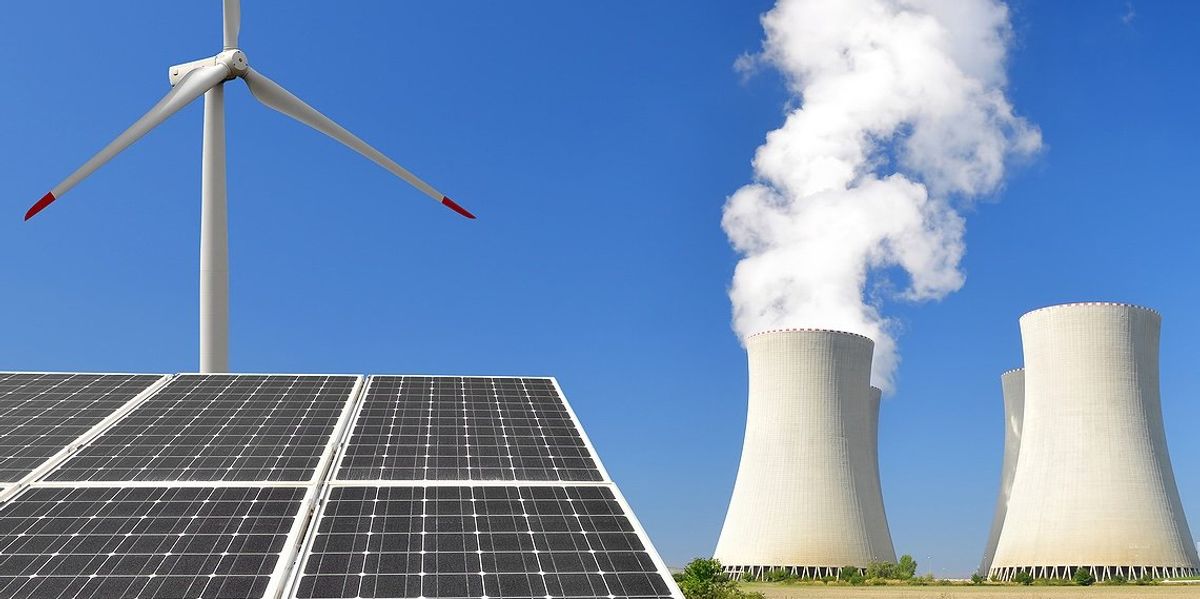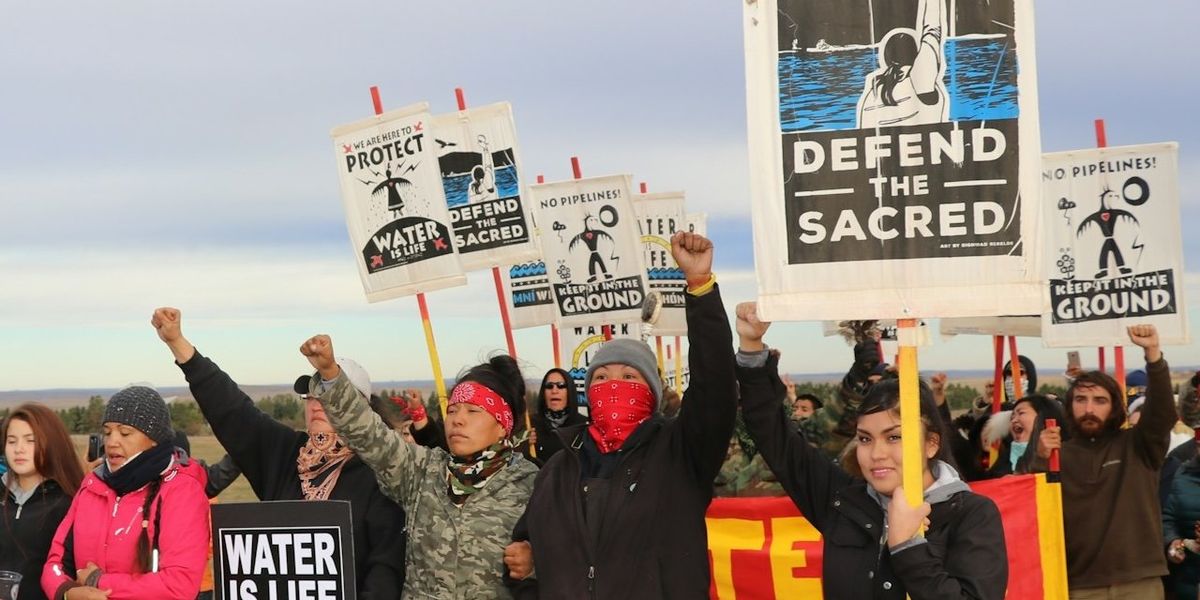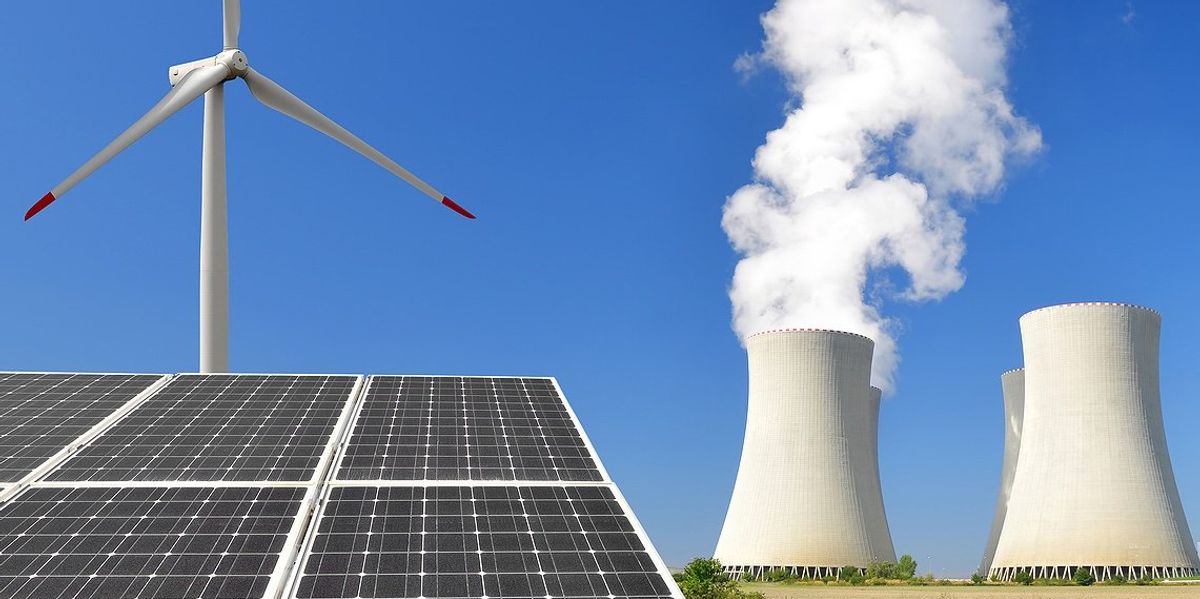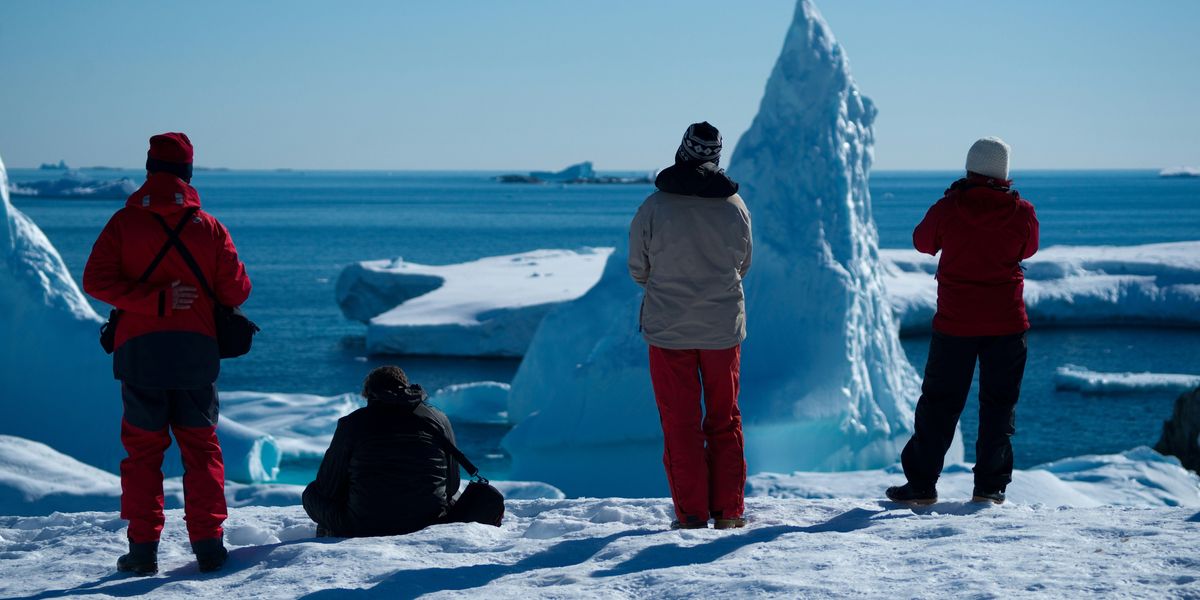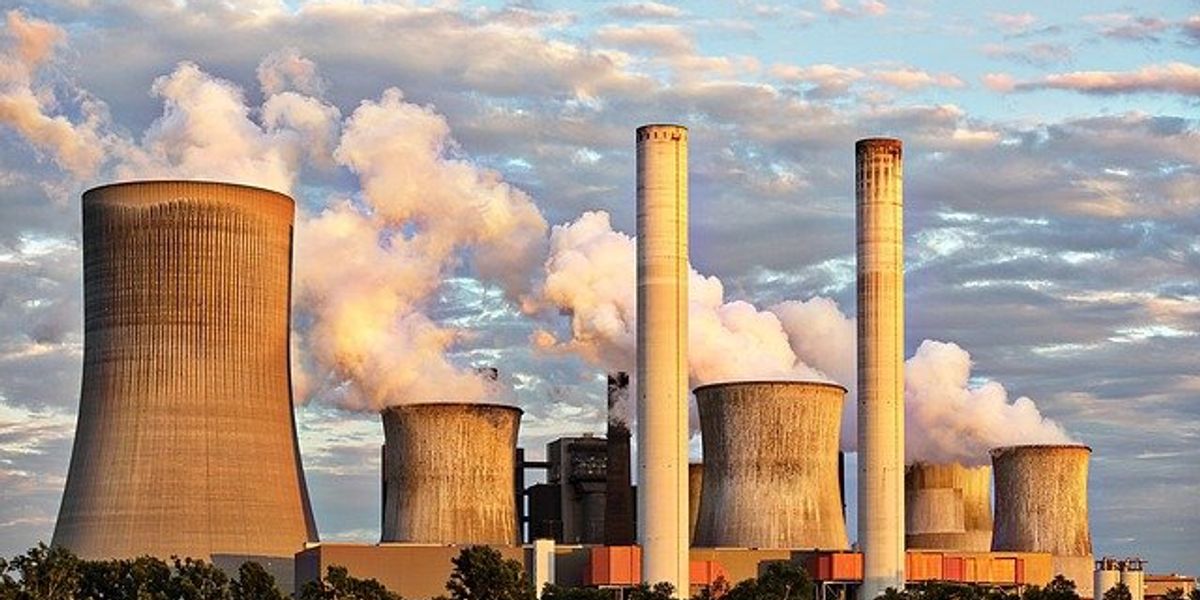
Japan is trying to use ammonia to make coal cleaner
New York Times reporters Motoko Rich and Hikari Hida write about Jera, a Japanese company that wants to blend ammonia with coal in order to reduce carbon dioxide emissions. Japan says that by blending ammonia with coal in its boilers, it can make coal less damaging to the planet.
In a nutshell:
While most advanced economies have pledged to phase out coal in the next seven years, Japan remains an exception, insisting on finding ways to make coal less harmful to the environment. One such effort involves blending ammonia, which emits no carbon dioxide when burned, with coal in power plant boilers. Jera plans to demonstrate this technology, marketing it as "clean coal," but critics argue that it still extends Japan's reliance on fossil fuels and may even increase carbon emissions during the ammonia production process. As Japan grapples with energy alternatives, its commitment to ammonia technology raises concerns about protecting entrenched industrial interests and delaying the transition to renewable energy sources.
Key quote:
Ultimately, critics say, Japan is prioritizing the ammonia technology to protect entrenched industrial interests against new renewable energy suppliers. “They are fully aware that they are losers in this shift,” said Kimiko Hirata, a founder of Climate Integrate, a research and advocacy group. “So they are really big on protecting the status quo and vested interests as long as possible.”
The big picture:
Nitrous oxide is a potent greenhouse gas and a major contributor to air pollution, leading to the formation of ground-level ozone and smog. Prolonged exposure to these pollutants can cause respiratory problems, aggravate existing respiratory conditions like asthma, and increase the vulnerability to respiratory infections. As the world grapples with the environmental impact of fossil fuels, finding cleaner alternatives and reducing reliance on such sources becomes crucial in safeguarding public health and mitigating climate change effects.
Read the article in full at the New York Times.
For additional context on the health impacts of coal power read Brian Bienkowski's article about two 2018 studies that showed significantly fewer health risks for babies after coal plants close.

